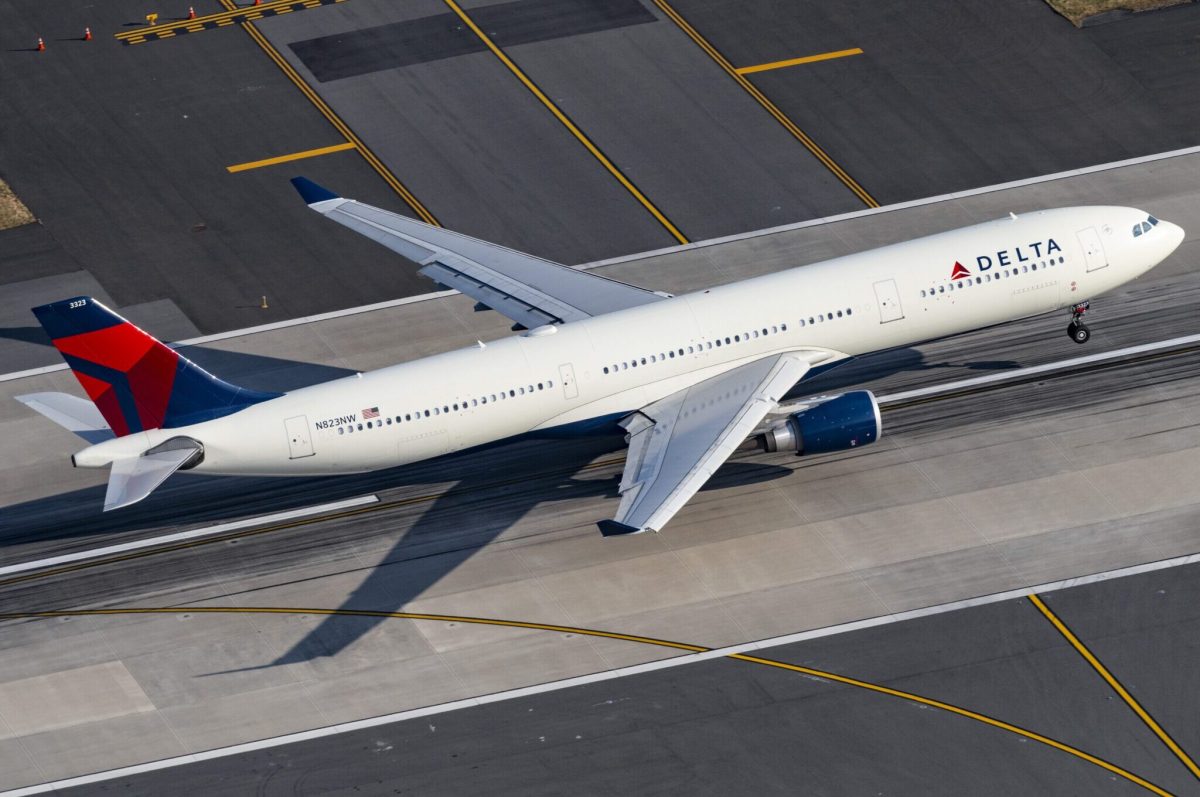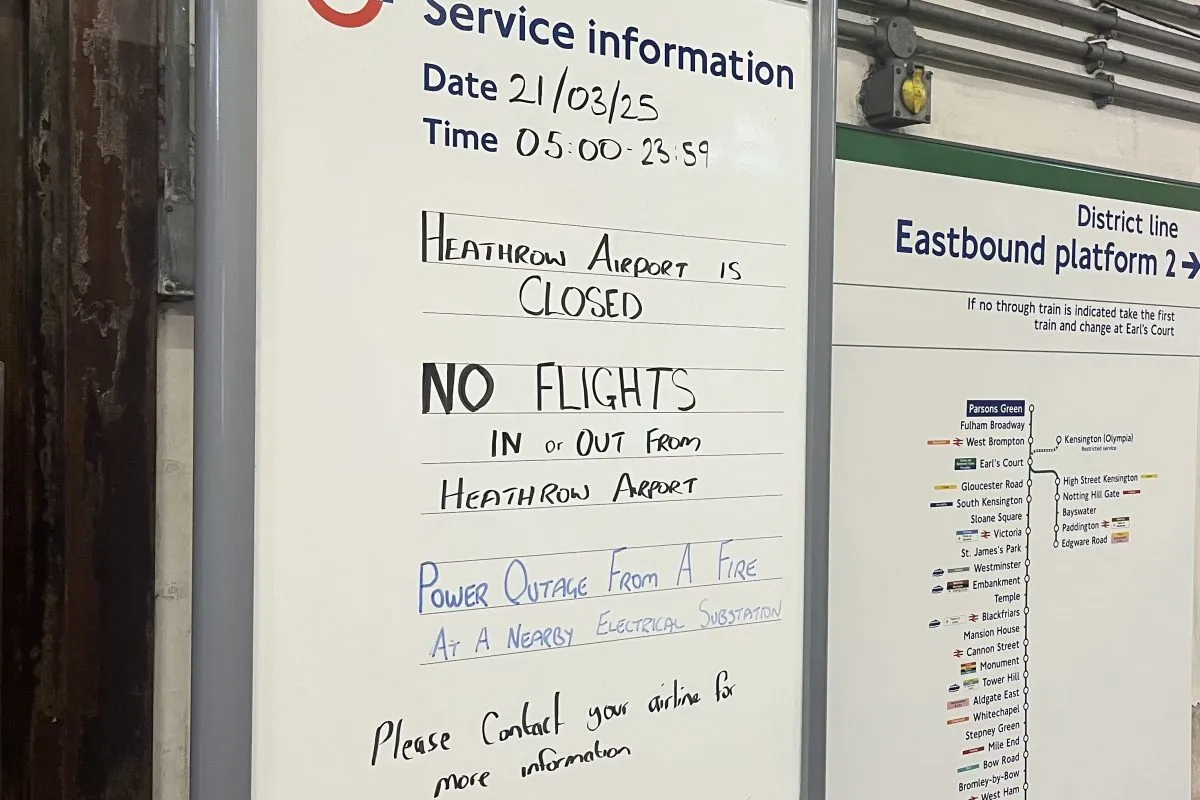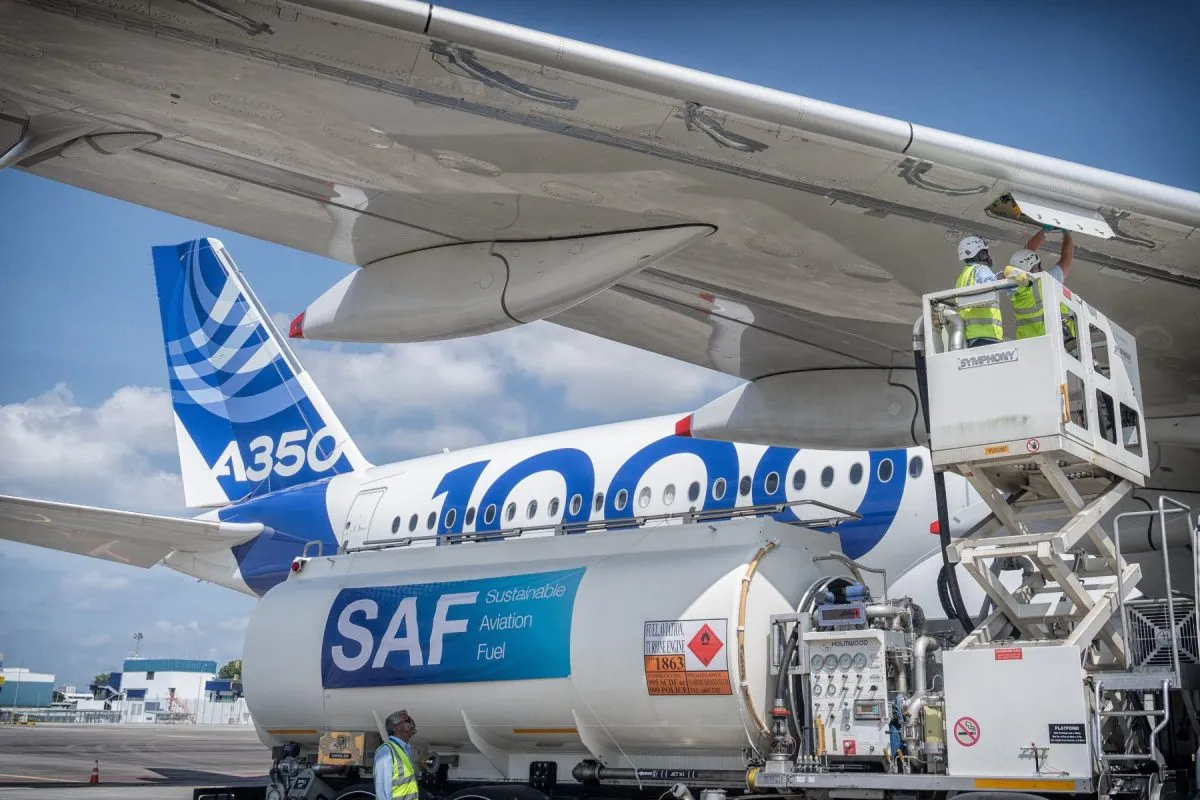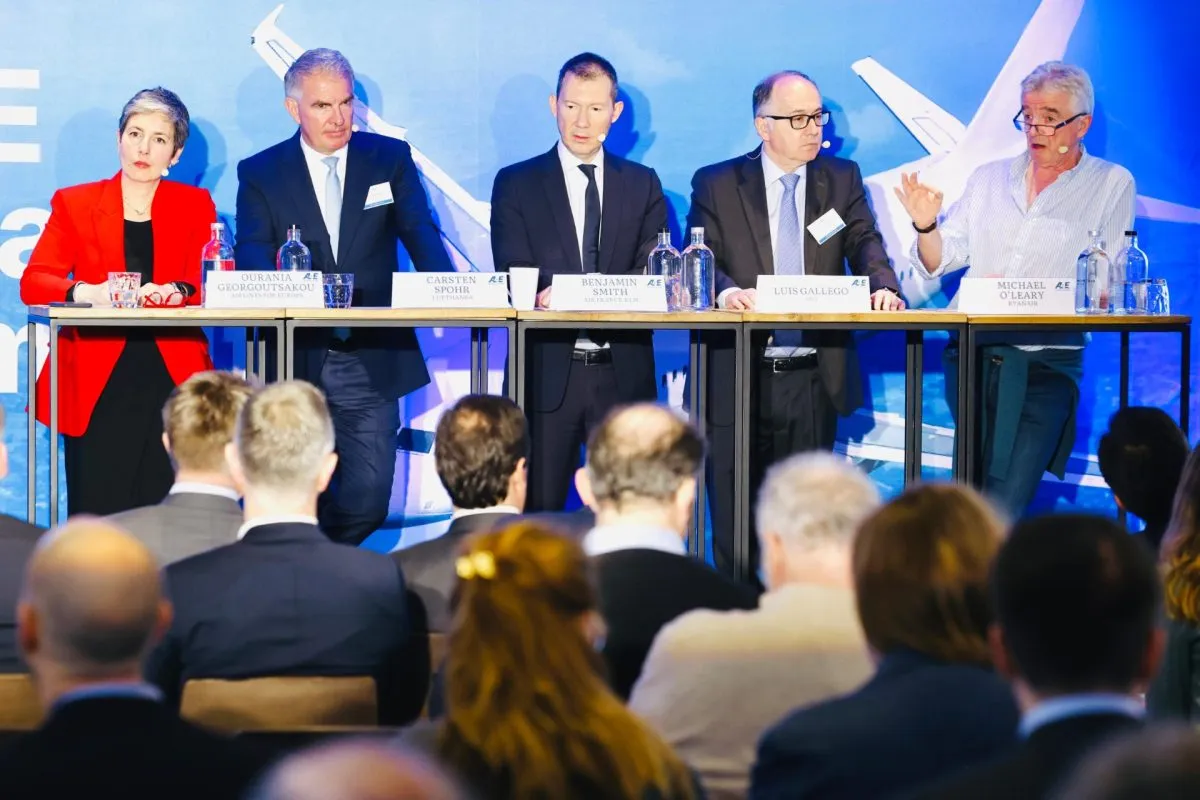Beijing Still Has a Massive Pollution Problem for Tourists and Locals Alike
Skift Take
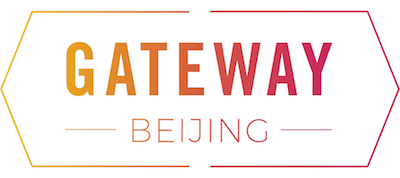 Editor's Note: Skift launched a new series, Gateway, to broaden our news coverage geographically with first-hand, original stories from correspondents embedded in cities around the world.
Editor's Note: Skift launched a new series, Gateway, to broaden our news coverage geographically with first-hand, original stories from correspondents embedded in cities around the world.
We are featuring regular reports several times per week from Beijing, Singapore and Cape Town, and look for us to add other cities soon. Gateway Beijing, for example, signifies that the reporter is writing from that city although his coverage of the business of travel may meander to other locales in the region. Read about the series here, and check out all the stories in the series here.
Beijing ended 2016 and entered 2017 in the same way: under a cloud.
In late December, Beijing announced its first pollution red alert of that year, closing schools the way snow would in the northern part of the United States. That was followed by an orange alert – one step down from a red alert, indicating sustained pollution over three days – from December 30 through January 1.
Two days later, on January 3, China issued its first national red alert, although that was for severe wu mai – the Chinese phrase for that hip 80s LA term, smog.
The Knock-On Effect for the Travel Industry
Beijing was the toast of the world in 2008, an Olympic city that had grown up and modernized over the previous 25 years. Less than a decade later, the city is synonymous with air pollution, Blade Runner meets Dickensian London. Other areas of northern and northwestern China are affected similarly. The knock-on effect for the travel industry is significant: cancelled flights and decreased tourism.
The current pollution situation, specifically in Beijing, dates to 2003, when Beijing was an epicenter of another tourism-crushing Incident: the outbreak of Severe Acute Respiratory Syndrome, or SARS. For almost three months, afraid they might contract this new and potentially deadly strain of flu, Beijingers cowered in their homes, emptying the streets as officials closed most public venues, including bars and swimming pools.
When authorities lifted the emergency in late June 2003, thousands of Beijing consumers took the money saved staying home for weeks and, fearing a return to public transportation, bought cars. Today’s traffic, and pollution, ensued.
Government efforts to boost tourism to Beijing have not succeeded. An initiative that allows 72-hour, visa-free travel to a number of major Chinese cities for passport holders from 51 countries, has never reached a stated goal of 20,000 visitors for Beijing since the program began in 2013.
Certain months of the year, namely April, May, and October, generally offer better weather conditions and less pollution, but seeing the capital city’s main attractions, such as the Forbidden City and the Great Wall, against a blue rather than gray background has become a crap shoot.
“Several times guests have checked out and fled Beijing this year due to the heavy pollution or cancelled their bookings if there is wide news coverage abroad. Occupancy from abroad is affected especially for our hotel as it primarily a leisure hotel,” said Michael Horsburgh, general manager of the Crowne Plaza Beijing Wangfujing.
It’s a boat, perhaps a sinking ship, in which hospitality industry companies, including ancillary businesses, find themselves. “Hospitality and food and beverage businesses see a significant slowdown at least in terms of dining in on smoggy days, and those that do delivery see a huge boost,” said Michael Wester, general manager of True Run Media, which publishes both Chinese and English-language entertainment and family magazines websites.
“As a member of the local Entrepreneurs’ Organization that is heavy on F&B businesses, we recently conducted a poll on the biggest impediment to business in the capital. Is it corruption? Is it regulation? No. It’s pollution. It interferes with recruitment, and it’s a bigger barrier than language or culture,” Wester said, noting that both hospitality and F&B advertising are significant revenue sources for his company’s publications.
Beijing’s municipal government has begun to tackle the problem, with relatively minor restrictions on automobile usage, small incentives for the use of electric cars, and more substantial measures like transitioning away from coal-burning power plants to supply the city’s electricity. However, until then, hospitality operators – and their customers – are stuck having to grin and bear it.
Residents and visitors have few weapons at their disposal to defend themselves from the gray plague. Many Beijingers wear masks, ranging from surgical masks that offer little protection, to specialized 3M masks and paint respirators. They also employ air purifiers that, depending on the level of filtration and coverage, cost anywhere from $150 to $1,500.
Smartphone-carrying city dwellers rely on apps providing pollution measurements from the U.S. Embassy in Beijing or local monitoring stations (or both, for comparison), telling them whether it’s safe to let themselves and their children outside or not.
“As a hotel, we can only advise our guests on the effects of pollution and to wear masks when venturing outside. Face masks are available at our concierge counter when requested. Some air purifiers are available when requested,” Horsburgh said.
Wester found little comfort in government and anecdotal reports that despite of the recent red alerts, blue sky days in Beijing are actually increasing.
“Is it getting better? I have no doubt that it will be great in 10 years. But not many businesses are much concerned about how things will be in 2027. The impact is now and it’s going to be a long while until its good,” he said.
There is one very faint silver lining in northern China’s gray clouds. “If there is heavy pollution, the effect on dining in our hotel outlets and room service orders is similar to the effect of when there is heavy rain or snow: people tend to stay a lot more inside the hotel,” Horsburgh said.

